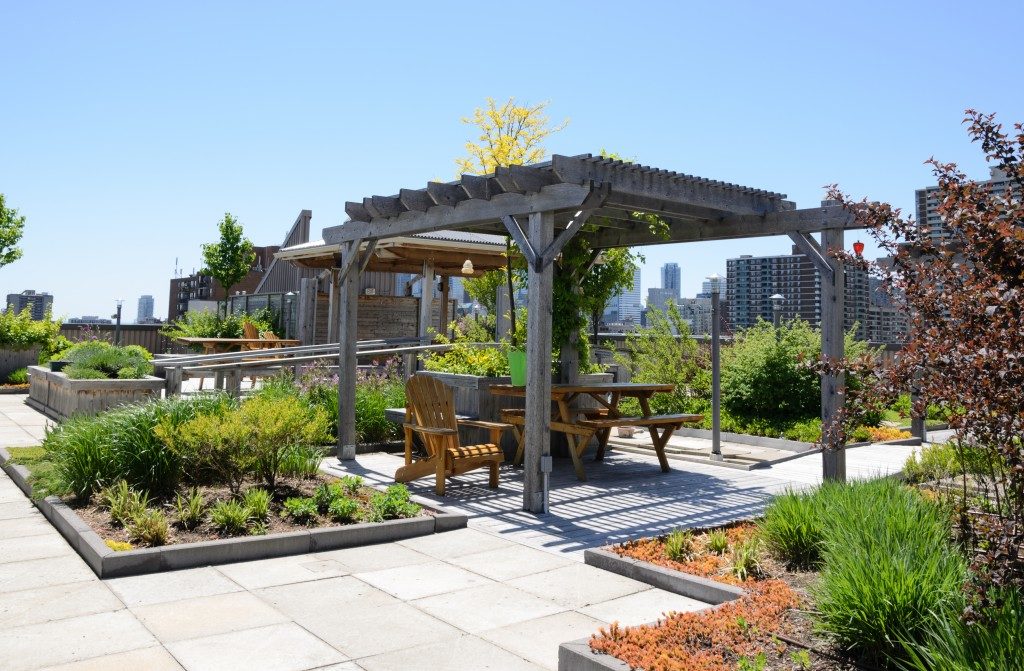- Assess your financial situation and ability to finance the rental property before investing.
- Research local rent prices, market trends, and building regulations to make an informed decision.
- Carefully consider the time available to manage upkeep, repairs, or tenant issues that may arise with your investment.
- Find suitable tenants for your rental property by researching the local areas for amenities, transportation, and other potential draw factors.
Buying a residential rental property in your 20s can be an excellent way to invest for the future. However, it is essential to research and consider all aspects of this investment before making any decisions.
As a young adult, some unique factors should be considered when purchasing a residential rental property. With careful planning and preparation, buying a residential rental property in your 20s can become an effective source of passive income over the long term.
Your financial situation

As a young adult looking to invest in rental property, it is essential to start by assessing your financial situation and ability to finance the property. As a point of reference, ask yourself if you could make mortgage payments on the prospective home.
Afterward, undertake careful comparison shopping by checking various mortgages and their rates. Moreover, taking the time to research your tax requirements for rental properties is also a crucial step.
Lastly, it is essential to familiarize yourself with current construction regulations, laws, and other applicable permit provisions in your locality so that your investment works towards attaining compliance with these standards.
The specifics of your rental investment
Here are some of the specifics that you need to consider when buying rental properties:
The location
When buying a residential rental property in your twenties, it’s critical to consider its location, including local rent prices and market trends.
Taking the time to analyze current rental rates in the area can help ensure that you purchase a rental house with a reasonable return on investment over time. Additionally, assessing current market trends provides an opportunity to identify locations likely to appreciate value significantly.
Legal considerations
When people in their 20s are considering buying a residential rental property, they must carefully consider not just the pricing and products of the purchase itself but also all the associated Building regulations, taxes, insurance requirements, and other legal considerations that come with it.
These regulations can often be complex and burdensome; however, being aware of them is critical for individuals who want to make wise decisions regarding their real estate investments. Not only will this minimize issues down the road from penalties imposed due to negligence or non-compliance, but these cost considerations should also be factored in when making purchase decisions.
The rental management time
It is essential for young investors to carefully consider their allocation of time when investing in residential rental properties. Not only do landlords need to be available in response to tenant issues such as noise complaints or damages, but there is also a significant amount of upkeep and maintenance that must be managed consistently over the life of an investment.
Estimating this additional burden upfront and realistically accounting for it will have considerable long-term ramifications for protecting a rental portfolio. Furthermore, suppose first-time buyers exceed their limitations on time allocated towards landlord duties. In that case, they may suffer more challenging repercussions later due to neglected maintenance, resulting in higher repair costs or limited capital gain potential.
Finding suitable tenants

As a young investor looking to purchase a residential rental property, you must consider how to find suitable tenants for your property. It is advisable to think ahead when doing due diligence and research the local areas surrounding the potential property.
It would be best if you looked into factors like accessibility to amenities, public transportation, schools, and entertainment options. This can help ensure the location will attract high-quality tenants that wouldn’t otherwise cause you issues with rent payments or other tenant queries.
Knowing your rights
Knowing your rights when collecting and returning security deposits when buying a residential rental property is essential as a landlord. In your 20s, this knowledge can help you to make sound decisions, build and maintain good tenant relationships and protect your bottom line.
Knowing the legal limits of security deposits in your state or jurisdiction will save you potential headaches if conflicts occur over excessive claims or illegal deductions. Moreover, being aware of the timeline required for notifying a tenant of any deductions from the security deposit can save time, money, and aggravation due to issues surrounding the misuse of these funds.
Understanding potential risks
Understanding the risks associated with owning a residential rental property is an essential step in the purchasing process when acquiring a rental property in your 20s. This is particularly crucial because it will help you gain insight into several critical factors, such as vacancy rates, needed maintenance, and potential costs.
When researching a prospective residence, consider local market conditions and ask questions to understand potential risk factors further. Additionally, understand that being aware of potential liabilities may have significant implications on the profitability of owning property; they should not be underestimated.
These are just some considerations that young adults should consider when buying a residential rental property. With careful planning and preparation, you can make an effective and profitable investment in your 20s that will create passive income for decades. Good luck with your journey!



